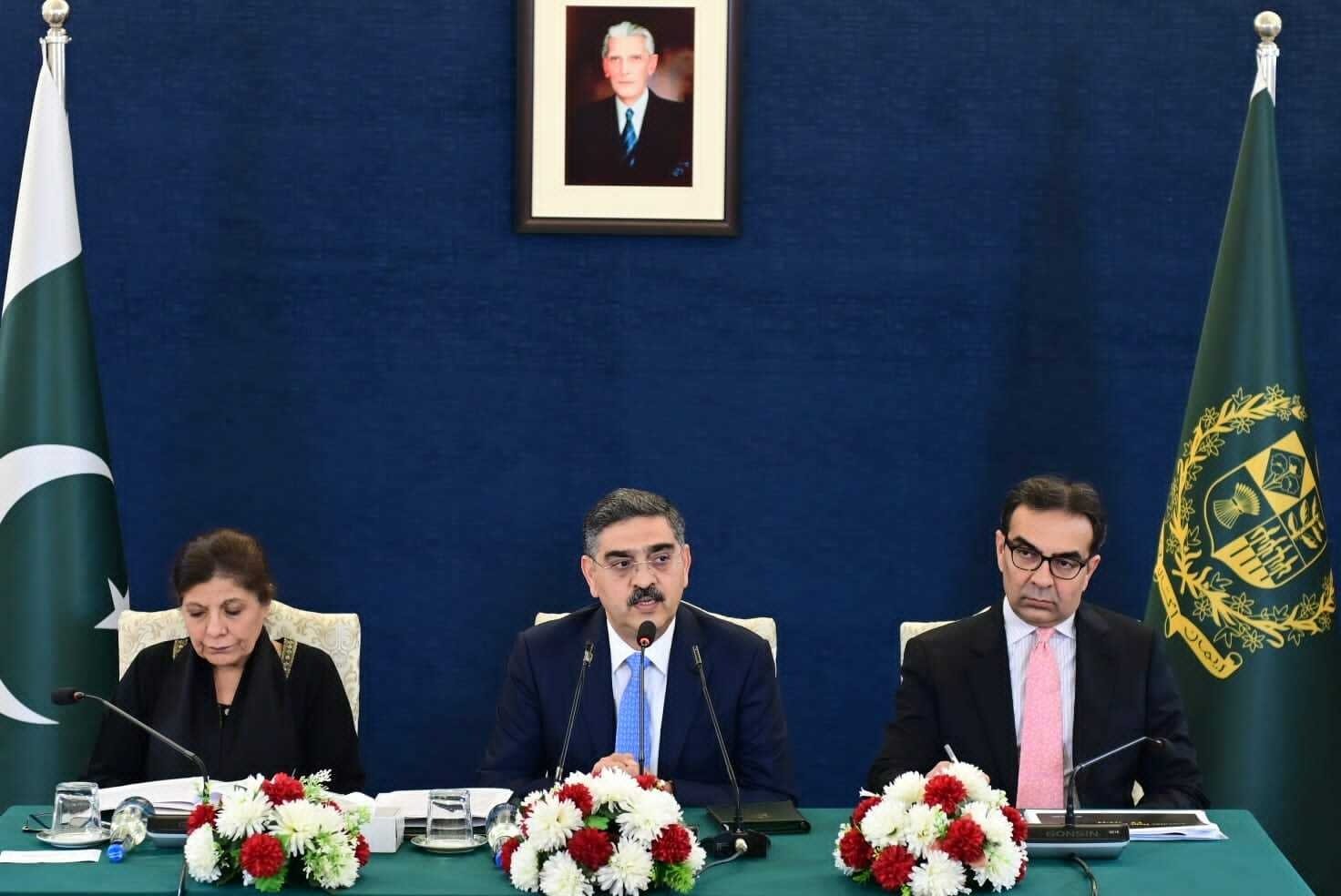In a move aimed at providing temporary financial relief to electricity consumers across Pakistan, the National Electric Power Regulatory Authority (NEPRA) has announced a price reduction of 1 rupee 28 paise per unit for the month of November. This decision, however, excludes Karachi, meaning that the reduction will not be applied to consumers within the Karachi Electric (KE) service area. This price cut, implemented under the fuel cost adjustment for September 2024, is expected to ease the monthly electricity bills for many households and businesses in other parts of the country.
Details of the Price Adjustment
NEPRA issued the notification as part of its monthly fuel cost adjustment (FCA) mechanism, which allows for periodic changes in electricity tariffs based on fluctuations in fuel costs. This reduction of 1 rupee 28 paise per unit, while temporary, is expected to help consumers manage their expenses amid rising inflation. According to NEPRA, the adjustment reflects lower production costs in September, which will benefit consumers when the discount appears on their November bills.
Who Will Benefit from the Price Reduction?
This price reduction will apply to consumers of all electricity distribution companies in Pakistan except Karachi Electric (KE) users. Consequently, millions of electricity consumers across Pakistan, including residential, commercial, and some industrial users, will experience reduced electricity costs in November. However, as stated in the notification, individual consumers, such as lifeline consumers (those consuming minimal amounts of electricity), will not benefit from this adjustment.
Karachi’s exclusion from this price reduction is due to its unique service arrangement under KE, which operates as an independent distribution company. This exclusion often creates disparities in electricity costs, leading to varied reactions among consumers. NEPRA has announced similar exclusions in previous adjustments as well, underscoring the complexities within Pakistan’s electricity distribution framework.
Why Does NEPRA Adjust Electricity Prices Monthly?
NEPRA’s monthly adjustments in electricity prices stem from the fluctuations in fuel prices and other associated costs of power generation. The FCA mechanism helps NEPRA align electricity tariffs with real-time changes in production costs. For example, when fuel prices drop, consumers can benefit from lower electricity rates, as seen in the current price reduction. Conversely, when fuel prices rise, NEPRA can increase electricity rates to cover the added cost of generation.
This pricing model is commonly adopted in various countries to help balance energy costs with market realities, ensuring that utility companies can recover costs while passing savings onto consumers when feasible.
Impact on Electricity Bills in November
For many Pakistani households and businesses, this reduction of 1 rupee 28 paise per unit could bring noticeable savings, especially for high-consumption users. With winter approaching, this adjustment may also help offset costs associated with seasonal energy demands, as consumers adjust heating and lighting needs. In some cases, the reduction could amount to a 5-10% decrease in electricity bills, depending on usage levels.
For small businesses and industries, the reduction could offer a temporary boost, helping to offset some operational costs during November. While the relief is short-term, it serves as a welcome break for consumers who are already grappling with high inflation and rising costs in various aspects of daily life.
Challenges for Karachi Consumers
The exclusion of Karachi from this price reduction has reignited debate over the city’s unique position in Pakistan’s energy sector. Unlike other parts of the country, Karachi is primarily served by Karachi Electric (KE), which operates independently under its own cost-recovery and tariff adjustment framework. This arrangement often leads to variations in electricity costs, with Karachi consumers sometimes paying higher rates.
For Karachi residents and businesses, the absence of this price reduction is particularly disappointing, as many hoped for relief amid rising inflation. Karachi’s reliance on its own generation and distribution system means that adjustments in national prices often bypass the city, creating a disparity that continues to spark discussions about fair pricing in Pakistan’s energy sector.
Future of Electricity Pricing in Pakistan
While the current reduction provides short-term relief, long-term electricity affordability remains a significant challenge in Pakistan. Rising production costs, limited reliance on renewable energy sources, and an overdependence on imported fuels contribute to regular fluctuations in electricity prices. Moreover, challenges such as transmission losses, theft, and infrastructure deficits compound the problem, ultimately affecting end-consumer pricing.
There is an increasing push for more sustainable and renewable energy solutions, including investments in solar, wind, and hydropower. Expanding these sources could help Pakistan reduce its reliance on fuel-based power generation, leading to more stable and potentially lower electricity prices in the long run. Efforts are also underway to improve grid infrastructure, minimize transmission losses, and implement energy-efficient practices, which could yield significant cost savings over time.
What NEPRA’s Decision Means for Consumers
NEPRA’s decision to reduce electricity prices by 1 rupee 28 paise per unit brings a welcome, albeit temporary, respite for Pakistani consumers outside of Karachi. While this month’s relief will be visible in November bills, it also sheds light on the need for broader energy sector reforms to ensure consistent and fair pricing across Pakistan. The exclusion of Karachi residents underscores the complexities of Pakistan’s electricity distribution framework, where regional disparities in service providers lead to uneven cost adjustments.
As the energy sector evolves, consumers are hopeful that policy makers will focus on sustainable solutions that deliver both affordable and reliable electricity. The potential for renewable energy and infrastructure improvements represents a promising path forward, but these changes require time, investment, and consistent regulatory support.
For now, NEPRA’s adjustment serves as a reminder of the challenges in balancing operational costs with consumer affordability. While temporary reductions bring relief, long-term solutions are essential to stabilize electricity costs and reduce the burden on Pakistani households and businesses.


